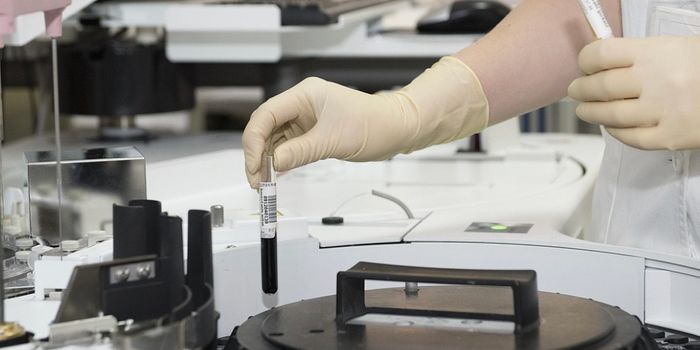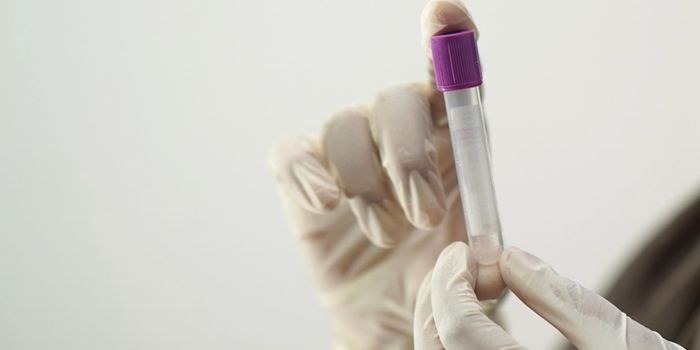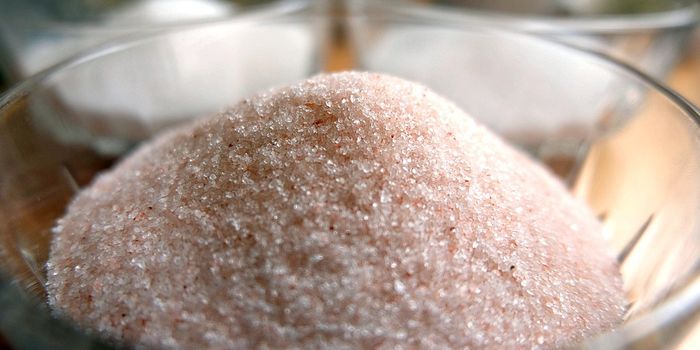Man's Bladder Stone was Nearly the Size of an Ostrich Egg
A 64-year-old man recently went to the doctor for painful urination for three days. His CT scan shocked doctors, as it showed a massive, ostrich egg-sized stone in his bladder.
The man was quickly whisked to surgery, where surgeons came face-to-face with the monster stone. Once removed, the stone weighed in at 1.7 pounds (770 grams). In a post-op photo, the surgeon could be mistaken for holding up a small ostrich egg. (For reference, an average ostrich egg usually clocks in at around 3 pounds.)
Stones in the urinary tract are caused by buildup of minerals that crystallize into solid masses. The stones are mostly made up of calcium (85 percent), followed by a variety of other minerals. Bladder stones differ from kidney stones in the location of the affected organ. In the case of bladder stones, not completely emptying the bladder can often lead to stone formation.
Some stones can go unnoticed, especially if they’re small. But people start to experience pain and other symptoms as the stones grow in size. So how did this stone get so big?
As it turns out, 10 years ago, the patient had aggressive bladder surgery to remove cancer from the organ. Surgeons removed his biological bladder and reconstructed one out of his intestines. Unfortunately, one of the side effects of having a new bladder, aptly called a “neobladder,” is bladder stone. Moreover, because stones in the neobladder can form without signs or symptoms, they have the opportunity to grow to very large sizes.
But as large as the ostrich egg-size stone appears, it’s not the largest bladder stone ever removed. According to the Guinness World Records, that honor belongs to a patient in Brazil whose stone weighed in at over 4 pounds (4.3 pounds, 1.9 kilograms, to be exact).
As for the 64-year-old man, his CT scans also revealed a second stone located in his ureter. This stone was successfully treated with lasers.
The patient is reportedly recovering well from his ordeal and is under surveillance for additional stones.
Of note, some people may be more prone to getting kidney stones. Risk factors include obesity, consuming foods or supplements high in calcium, gout, hyperparathyroidism, and not drinking enough water. As such, one easy way doctors recommend to prevent kidney stones is to drink enough water so that more than 2 liters of urine is produced per day.
Additional sources: Live Science








